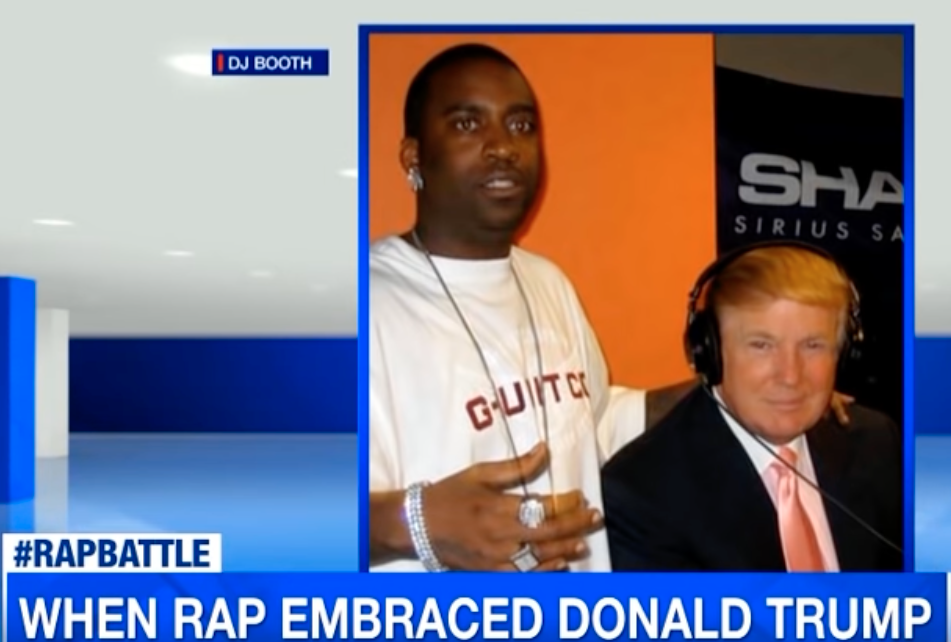The connection between hip-hop and politics has always been complex. Still, it has become even more intricate in recent years due to the unexpected connection between hip-hop and former President Donald Trump. Despite his controversial political views and actions, Trump’s relationship with hip-hop dates back several decades. He had a friendship with rap mogul Russell Simmons and hosted many hip-hop events at his properties.
However, now the tables have turned as reports suggest that Trump will face 34 felony charges for falsifying business records. Still, he will not go through standard procedures for white-collar defendants, such as being handcuffed, detained, or required to take a mug shot, until a judge decides on pretrial conditions. The Manhattan District Attorney’s office consulted with the Secret Service and court officials and concluded that such measures were unnecessary for Trump.
The Early Years
In the early 1990s, Trump became a fixture in the hip-hop community. He hosted rap battles at his Atlantic City casino, and his friendship with Russell Simmons led to Trump appearing in a Run-DMC video. However, as Trump’s political ambitions grew, his relationship with the hip-hop community became more complicated.
The Election
During the 2016 presidential campaign, several high-profile hip-hop artists, including Jay-Z and Beyoncé, publicly endorsed Hillary Clinton. However, Trump found support from a few unexpected corners of the hip-hop community. Rappers such as Lil Wayne and Kanye West voiced their support for the then-candidate, sparking controversy and debate within the industry.
Capitalizing on the Presidential Election
As the 2024 presidential election approaches, hip-hop artists can capitalize on the heightened political climate. In the past, artists have used the election to promote their music and political beliefs. In 2008, rapper Jay-Z famously performed at a rally for Barack Obama, using his platform to encourage young people to vote.
Conclusion
The Trump connection to hip-hop may have been surprising, but it highlights that hip-hop has always been a genre that embraces diversity and individuality. Looking to the 2024 presidential election, hip-hop artists have a unique opportunity to use their platform to engage with their audience, promote their music, and make their voices heard. Whether they endorse a candidate or encourage their fans to get out and vote, the connection between hip-hop and politics will continue to be complex and intriguing.

